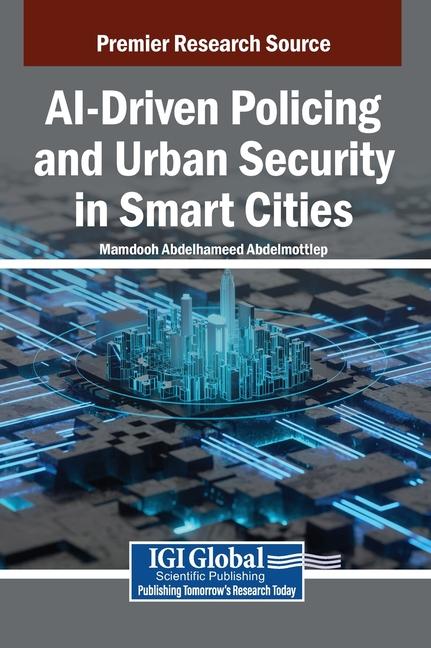Description
As cities increasingly adopt smart technologies to enhance public services, AI has emerged as a transformative force in urban security. AI systems like predictive analytics and real-time surveillance have reshaped how law enforcement monitors and responds to crime. This integration of AI into policing practices promises improved efficiency, faster response times, and data-informed decision-making. However, it also raises important ethical, legal, and privacy concerns that must be addressed to ensure equitable and transparent implementation. AI-Driven Policing and Urban Security in Smart Cities explores the way AI has transformed the way police have monitored crime. This book explores research with AI systems in law and government. Covering topics such as AI, policing, and government, this book is an excellent resource for law enforcement, city planners, policymakers, researchers, academicians, and more.
Last updated on
Product Details
- Jun 24, 2025 Pub Date:
- 9798337302454 ISBN-10:
- 9798337302454 ISBN-13:
- English Language




